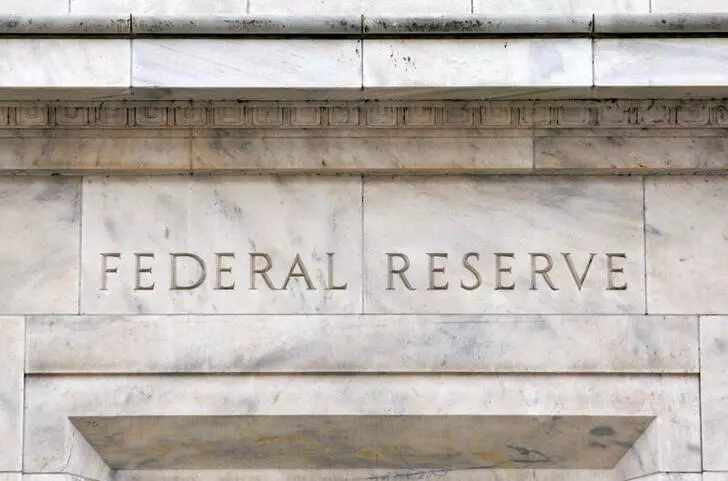The recent maneuvers undertaken by central banks, specifically the Federal Reserve’s substantial rate cut of 50 basis points and China’s aggressive economic stimulus, have ignited fervent discussions in financial spheres globally. While the immediate market response appeared to be one of optimism, with investors hopeful for increased liquidity and growth, a deeper analysis brings forth more troubling implications. According to expert insights from BCA Research, these proactive measures may not be the beacon of recovery they are touted to be; rather, they could signal the troubling undercurrents of an impending economic downturn.
The Federal Reserve has historically been the vanguard in managing inflation, but recent trends indicate a shift in focus towards the cooling U.S. job market, as unemployment figures inch closer to the anticipatory natural rate of unemployment. This pivot reveals an underlying concern about the strength of the American economy. While initial market reactions to rate cuts are often positive, historical trends suggest that these rallies are frequently fleeting. BCA Research notes that the Fed’s propensity to cut rates often precedes recessions, highlighting the paradox that such monetary easing could be more indicative of distress rather than a pathway to prosperity.
Parallel to the U.S. scenario, China’s response to its economic malaise through substantial stimulus measures raises similar alarms. BCA analysts contend that despite these attempts to invigorate the economy, they may fall short of reversing the ingrained slowdown. China’s current situation is reminiscent of a balance-sheet recession, characterized by tepid credit demand, lethargic consumer confidence, and diminishing effectiveness of traditional monetary strategies. The aftermath of the real estate market’s collapse looms heavily, making it unlikely that merely lowering rates will be enough to catalyze significant recovery without comprehensive fiscal reforms.
BCA Research remains resolute in its prediction, foreseeing that the global economy is poised to enter a recession within the next six to twelve months. The residual effects of previous monetary tightening, combined with insufficient responses from central banks, are anticipated to exert significant pressure on economic growth. The advent of rate cuts, while ostensibly aimed at alleviating pressure, is likely to be too late to stave off recessionary conditions.
In light of these considerations, BCA advocates a prudent investment strategy. Investors are encouraged to adopt a risk-off approach—reducing exposure in equity markets and credit while favoring more stable government bonds. Maintaining a neutral cash position may also provide a buffer in these turbulent times. The overarching theme emphasizes caution; while markets may react positively to short-term measures, the long-term implications of central bank decisions warrant a circumspect investment strategy moving forward. The interconnected global economy and the high stakes involved necessitate a careful balancing act as we navigate these uncertain waters.

